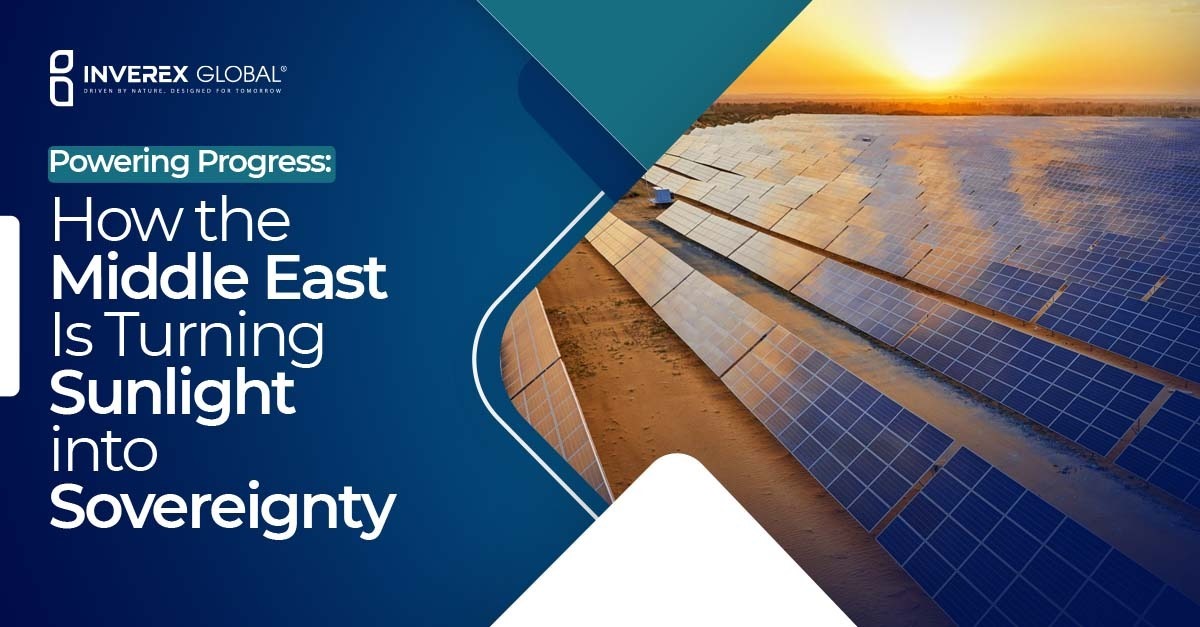
The Middle East, long synonymous with vast oil reserves, is now leading a transformative energy revolution. By harnessing its abundant sunlight, the region is shifting from fossil fuel dependency to renewable energy dominance—redefining its economic and geopolitical sovereignty in the process.
From Oil to Solar: A Strategic Pivot
Countries like Saudi Arabia, the UAE, and Oman are investing billions in solar energy projects, aiming to diversify their economies and reduce carbon emissions. Saudi Arabia’s NEOM megacity, powered entirely by renewables, and the UAE’s Mohammed bin Rashid Al Maktoum Solar Park—one of the world’s largest—exemplify this vision. These initiatives are not just about sustainability; they’re about securing long-term energy independence and global influence.
Economic Sovereignty Through Innovation
By exporting solar energy instead of oil, Middle Eastern nations are future-proofing their economies. Morocco’s Noor Ouarzazate Solar Complex and Dubai’s green hydrogen projects demonstrate how the region is becoming a hub for clean energy innovation. This transition attracts foreign investment, creates jobs, and positions these countries as leaders in the global green economy.
Geopolitical Power in the Renewable Age
Control over energy resources has always shaped global politics. As the Middle East masters solar technology, it gains leverage in international relations. Partnerships with Europe and Asia for green energy exports could redefine trade dynamics, reducing reliance on Western oil markets and fostering new alliances.
Challenges and the Path Forward
While progress is impressive, challenges like infrastructure costs and energy storage remain. Yet, with relentless investment and visionary policies, the Middle East is poised to become a leaders in the global green economy.
Geopolitical Power in the Renewable Age
Control over energy resources has always shaped global politics. As the Middle East masters solar technology, it gains leverage in international relations. Partnerships with Europe and Asia for green energy exports could redefine trade dynamics, reducing reliance on Western oil markets and fostering new alliances.
Challenges and the Path Forward
While progress is impressive, challenges like infrastructure costs and energy storage remain. Yet, with relentless investment and visionary policies, the Middle East is poised to turn its deserts into powerhouses of renewable energy—proving that sovereignty in the 21st century is powered not by oil, but by the sun.
The shift from black gold to golden sunlight marks more than an energy transition—it’s a reclaiming of destiny. As the Middle East illuminates its future, the world watches, learns, and follows.



